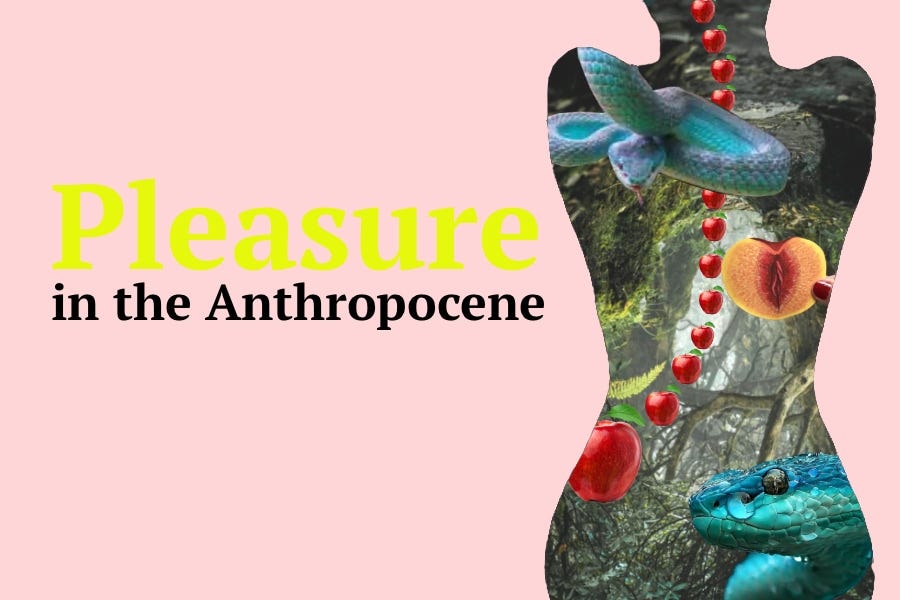Hi,
It’s been a while since you have heard from me.
Here is a quick reminder of what this newsletter is about: We know what we should do about the poly-crises - climate change, species extinction, ocean acidification, social and ecological injustices, and rising mental health problems. But somehow, we don’t do it. I explore how to use various forms of knowing from fields such as ecology, spirituality, systems science, and psychology, as well as embodied-, embedded-, enactive-, and extended-knowing and turn it into action. I believe the way to do that is through practical philosophy: a habituated practice of action, reflection, and iteration. I share the best things I learn, science & experienced based. Feel free to reply if you have any thoughts on what you’d like to know more about and what would be interesting for you to read. I’d be happy to chat.
Last year’s central research project was called “fasting, fractals and fungi,” in which I explored the potential of these three threats to transitions from the Anthropocene to the Ecocene.
This year’s central research project - and what you will read about in this newsletter - is what I refer to as “pleasure in the Anthropocene.” I hypothesize that we need to redefine what pleasure is and can be in the face of social and ecological injustice.
We have a false understanding of pleasure, which is dominantly driven by consumerism, whether in the form of shopping, eating, traveling, or entertainment. The Greeks have referred to this as hedonism. And in many ways, our consumerist culture has fallen prey to hedonism.
But flourishing - which I equate with feeling fully alive - is not just a feeling of happiness or contentment but a condition of growth and development. It is achieved through the choices we make and the actions we take rather than being a result of our emotional state. The ancient Greeks, including Aristotle, referred to this concept as eudaimonia. Whereas the hedonic view equates happiness with pleasure, comfort, and enjoyment, the eudaimonic view equates happiness with the human ability to pursue complex goals which are meaningful to the individual and society. Usually, we speak in this context of a virtuous person.
Yet, flourishing and being a good or virtuous person is not the same. A person suffering or facing challenges may still be virtuous and admirable, but it would not be accurate to say they are flourishing. Flourishing requires both virtue and the right conditions in which to thrive. Adversity and unfairness can hinder flourishing. Our task then is to build resilience and create a supportive environment where we and others (human and nonhuman) can flourish and feel fully alive.
The happiness of pleasure is often seen as animalistic or as a lower form of pleasure. In contrast, the pleasure from excellence is seen as the higher kind of pleasure. There is an implicit sense that pleasure is narcissistic and selfish, in contrast to virtue, which is devout.
I believe, to feel genuinely alive, there has to be more to it than the distinction between hedonism and eudaimonism. So I want to explore in the upcoming months: What if there is a third option? Is it really hedonism or eudaimonism? Is there a way to experience both? Not only subsequently, but simultaneously? What can pleasure look and feel like in times of the Anthropocene? What makes pleasure? What role can pleasure play to transition towards a social and ecological future? What drives us towards pursuing pleasure? What makes pleasure fulfilling? When does pleasure feel empty? Does pleasure without pain drive meaninglessness? …
In my following newsletter, I will share more about how I will approach this research project.
Meanwhile, you can read some other pieces I have written about How to enjoy your life even if you live sustainably.
Until next time,
Jes




